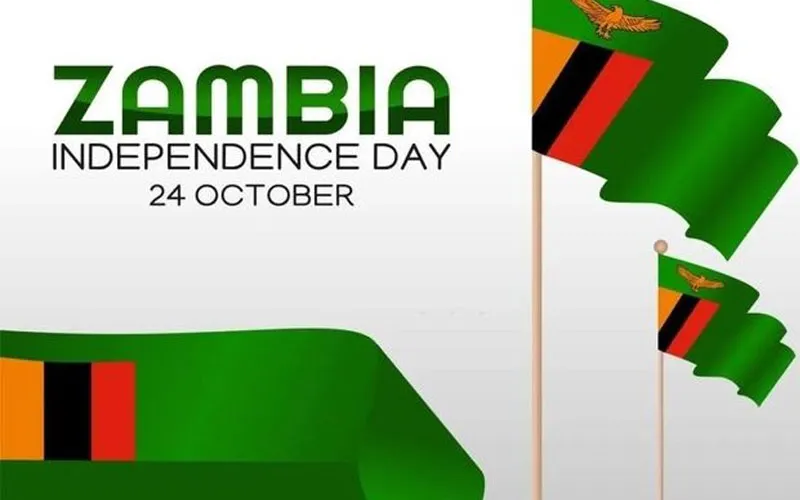Lusaka, 24 October, 2022 / 8:48 pm (ACI Africa).
Jesuit scholars in Zambia are calling on the administration of the Southern African nation to ensure the constitutional reform process is inclusive, taking into account “input of different interest groups”.
Early this year, the country’s Minister of Justice, Mulambo Haimbe, said the government has begun the Constitution reform process.
In a statement issued Sunday, October 23, officials of the Jesuit Centre for Theological Reflection (JCTR) say previous attempts to reform the Constitution of Zambia have been driven by the ruling party’s motive to entrench itself in power.
“It is not clear if the current administration will be any different and avoid the pitfalls of the past by ensuring that the constitutional reform process really does result in a document that the people have participated in drafting by considering the input of different interest groups in the country,” they say in the statement issued ahead of Zambia’s 58th independence anniversary celebration.
JCTR officials say, “A major problem with past amendments of the Constitution has to do with the process of amendment. Previous presidents have opted to establish either commissions of inquiry under the Inquiries Act, or have used their executive powers to establish committees to prepare draft constitutions.”








